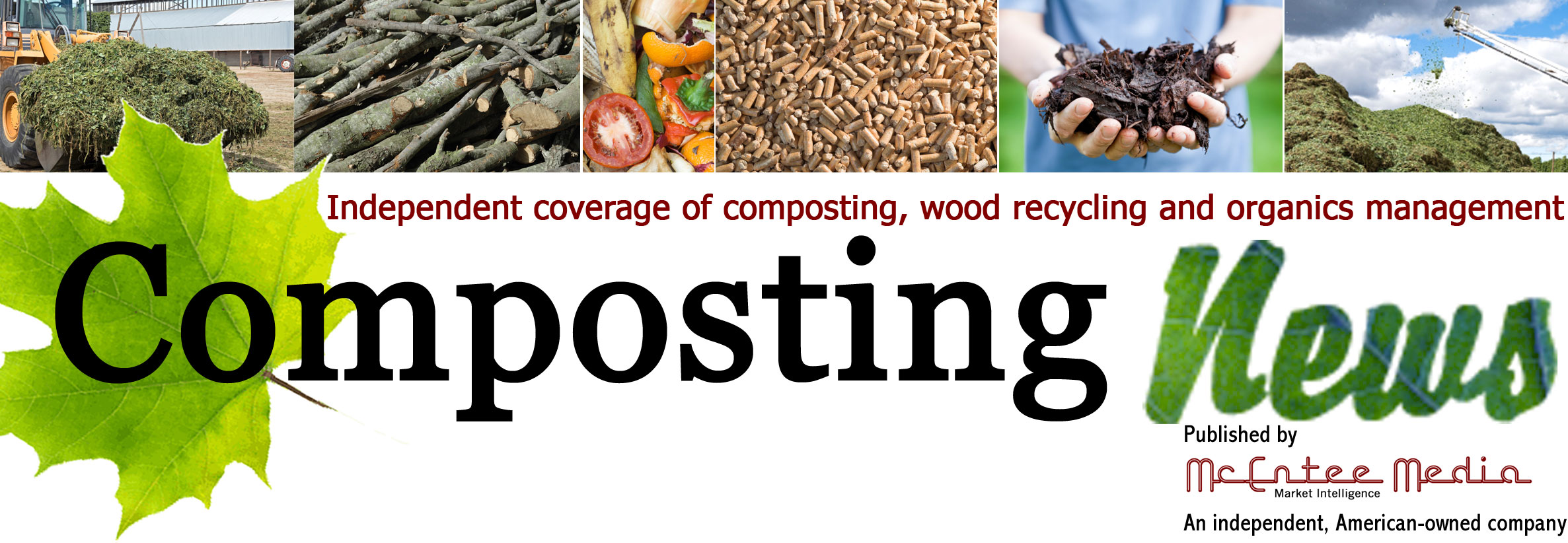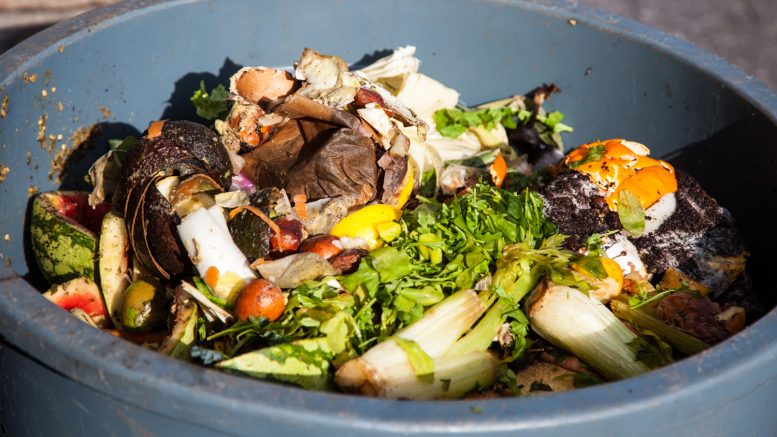By Ken McEntee
Companion bills introduced into the U.S. House of Representatives and the Senate would require the designation of composting as a conservation practice and activity and provide up to $200 million per year in grants and loan guarantees for food waste composting facilities and programs through 2031.
The Cultivating Organic Matter through the Promotion of Sustainable Techniques (COMPOST) Act was introduced by Reps. Julia Brownley (D-California), Chellie Pingree (D-Maine) and Ann Kuster (D-New Hampshire) in the House and Sen. Cory Booker (D-New Jersey) in the Senate. At the time of this posting, the bills have not been assigned to committees and do not have bill numbers.
The bill is similar to, but much more comprehensive than a bill introduced by Brownley last year with the same name, designated HB 6023. The bill died at the conclusion of the 116th Congress in the House Agriculture Subcommittee on Conservation and Forestry.
Basically the newly introduced bill would amend the Food Security Act of 1985 to declare composting as a “conservation practice” and a “conservation activity.” For purposed of that act, composting is defined in the bill as:
“An activity (including an activity that does not require the use of a composting facility) to produce compost from organic waste that is generated on a farm or brought to a farm from a nearby community and used to produce compost on that farm; and the use and active management of compost on a farm, in accordance with any applicable federal, state or local law, to improve water retention and soil health.”
The bill, under the Consolidated Farm and Rural Development Act, would create a program to award up to $5 million in grants and loan guarantees, on a competitive basis, for projects that expand access to food waste composting.
Grant funds awards would not exceed 75 percent of the cost of a project. At least 25 percent of the grant funding is earmarked for projects that don’t use centralized commercial composting. Centralized composting refers to a regional composting facility that produces at least 10,000 tons of compost annually.
Loan guarantees of up to $5 million would be made available to cover up to 80 percent of the cost of awarded projects. For-profit businesses, farmers and ranchers who demonstrate prior experience in developing, managing and marketing composting facilities are eligible for loan guarantees.
Grants and loan would be available for:
- Composting facility or site permitting, planning and construction;
- Acquisition of machinery, equipment and other physical necessities required to operate a composting facility, system or program, except for depackaging equipment;
- Activities to increase the production capacity throughput of a composting facility;
- Implementation of onsite composting systems and programs (such as home composting programs, community garden and urban farm composting and other onsite composting systems at institutions, nonprofits and businesses).
- Projects that are based on a distributed infrastructure strategy (such as a strategy that in corporates a mix or choice of home composting, farm and ranch composting, onsite composting, community-scale composting, or centralized commercial composting);
- Collection of organic waste intended for processing at a composting facility or system or through a composting program, including curbside pick-up programs, community drop-off programs and facility- or event-specific programs (such as programs at schools, restaurants, stadiums or festivals);
- Activities for land-based compost application, including compost application on a farm or ranch;
- Market development projects that create a demand for compost product or increase commercial and residential participation in composting.
Applicants for grants and loan guarantees would have to demonstrate that their project will result in composting of food waste (which may include such composting in combination with non-food organic waste), result in increased total capacity to accept and process food waste into finished compost product and include at least one operator of a facility or system, if applicable, who is trained on best management practices for composting, such as odor, vector, pathogen and contaminant control practices).
A market development project would need to show that it is likely to create sufficient demand to increase total capacity, in the targeted market, to accept and process food waste into high-quality finished compost.
In the case of land-based compost application activities, the project would have to be consistent with any applicable requirements pursuant to section 1241(j) of the Food Security Act of 1985.
“This far reaching new federal bill aims to proactively advance composting infrastructure and support across the country,” said Brenda Platt, director of the Composting for Community Initiative at the Institute for Local Self-Reliance (ILSR). “The introduction of the COMPOST Act is a major step forward for an activity that restores depleted soils, protects the climate and creates thousands of new jobs in rural and urban communities across the country.”
Platt said U.S. Composting Infrastructure Coalition (USCIC), of which ILSR is a founding member, played a pivotal role in the development of the bill.
“A key goal for ILSR was ensuring that the legislation funded projects of all sizes and not just large-scale, centralized facilities, and that only projects that accept source-separated compostable materials qualify for funding,” Platt said. “These provisions would counter the disturbing trend of large-scale facilities accepting contaminated materials that are siphoning business and jobs out of state, exacerbating truck traffic and shifting the market away from clean segregated materials to programs that inadvertently facilitate contamination and poor-quality compost. We were especially pleased that the legislation allocates at least $50 million annually to composting projects that produce less than 10,000 tons of compost per year.”
The U.S. Composting Council (USCC) and USCIC applauded the legislation in a joint statement.
“The COMPOST Act meets the growing demand from individuals and businesses to compost food scraps and certified compostable packaging,” the statement said. “This bill addresses a critical need for regions and communities around the country looking to expand access to food waste composting, an important step to lead the shift to net-zero. Implementing innovative and responsible waste solutions like composting serves as an opportunity to address key environmental challenges and bring positive economic impacts to people and communities.”
Although there is still significant need for robust investment in composting infrastructure, the COMPOST Act is a critical step in the right direction,” said Jessica Bowman, executive director of the Plant Based Products Council (PBPC), a member of USCIC.
“By investing in composting infrastructure, we can help address our climate crisis, create local jobs and improve both our agricultural and urban soils,” said Frank Franciosi, executive director USCC. “The benefits of increased compost production include reduced volumes of organic materials flowing to landfills, lowered methane emissions, sequestering carbon back into the soil and closing the loop on a circular economy.”
Rhodes Yepsen, executive director of the Biodegradable Products Institute (BPI), said, “Lack of widespread food scrap collection and processing infrastructure is one of the biggest barriers to the growth and success of the compostable products industry. Compostable products, unlike recyclables, are not collected on their own. They are collected as part of a broader organics stream that includes food scraps. USCIC partners estimated that it would take about $2 billion to expand compost access nationally, which is why the act is calling for this level of funding.”
Follow us on social media:


Be the first to comment on "Federal bill would provide $2 billion in compost funding"